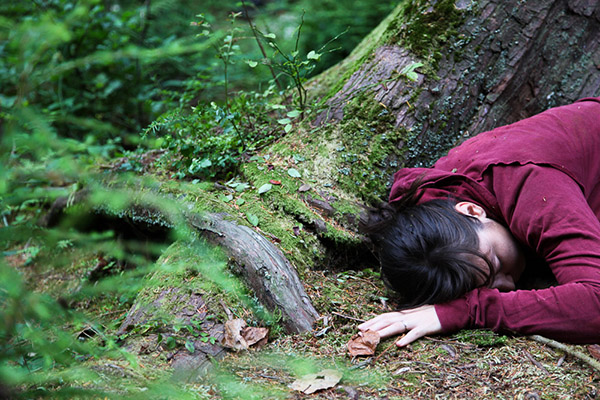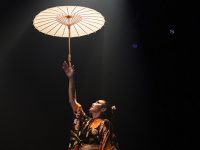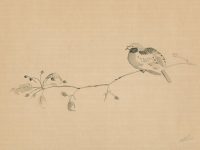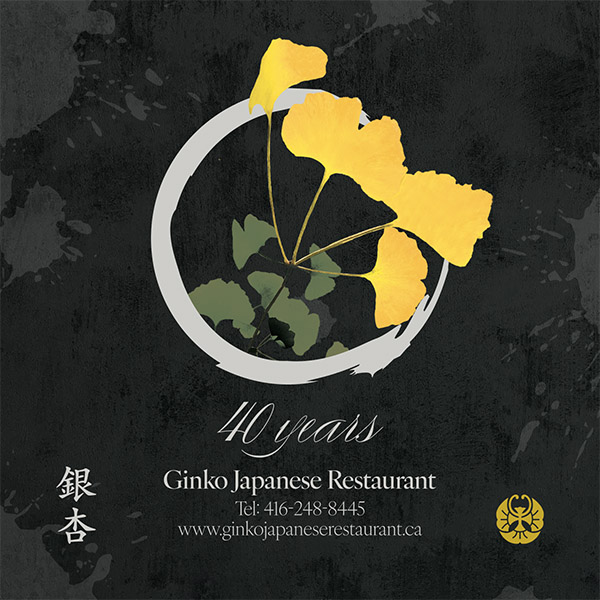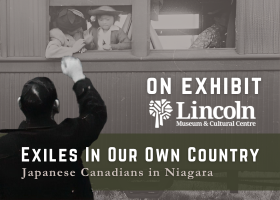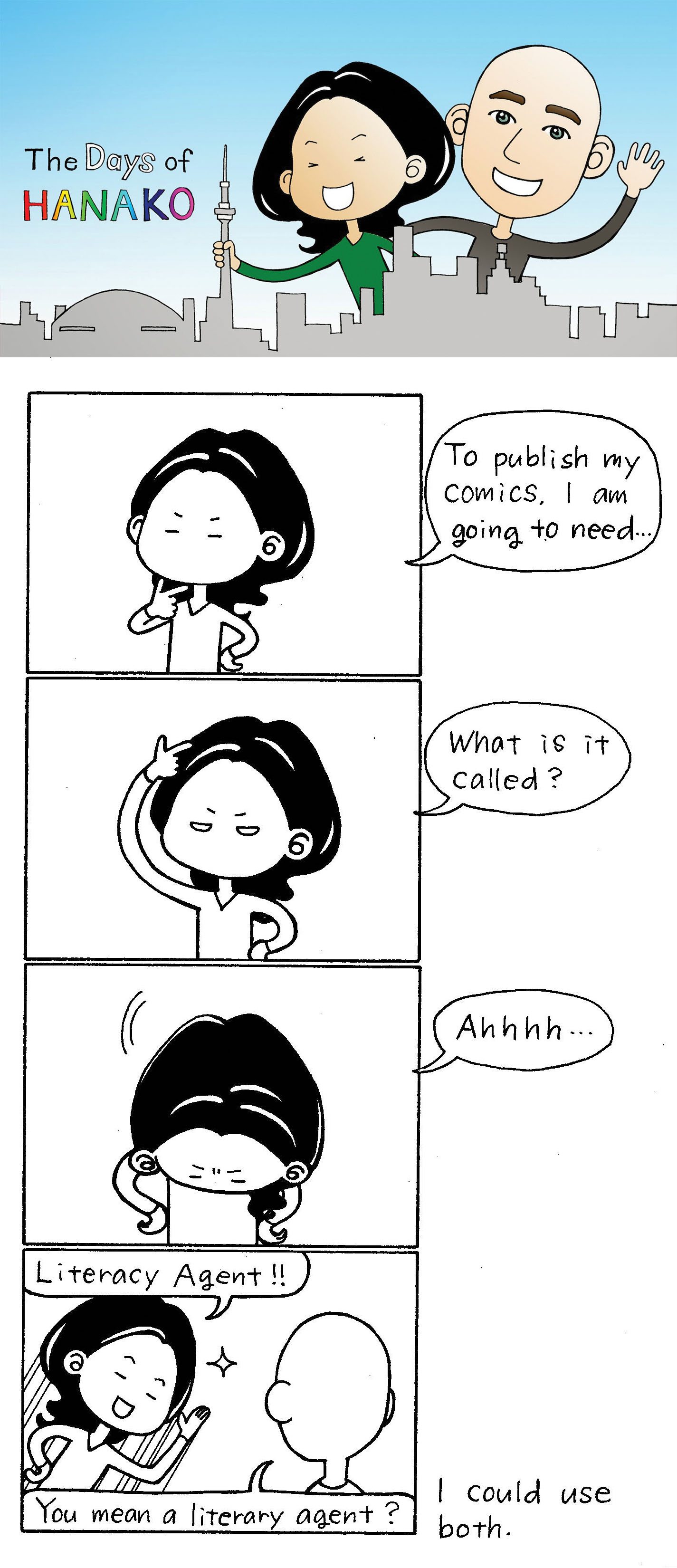Dance artist Jennifer Aoki will be performing a work in progress of In The Woods created during Dance West Network’s 2021/22 Re-Centering/Margins Creative Residency at Simon Fraser University Goldcorp Centre for the Arts on April 20.
VANCOUVER — In dance artist Jennifer Aoki‘s new project, In The Woods, she expresses the joy of discovering the magic within the forests of Turtle Island (North America), specifically in B.C. and Ontario. From the majestic beauty of an ancient cedar grove to the intricate network of mushrooms on the forest floor, the dance piece is inspired by Aoki’s exploration into shinrin-yoku or forest bathing.
For Aoki, this theme of discovery also carried into the artistic process behind the dance piece. By exploring themes of nature, she has made discoveries about herself and her cultural identity and found a sense of community with her Japanese Canadian co-creators and mentor.
“I think the work itself is really rooted in building connections and deepening and strengthening our relationships with ourselves, nature, and our community history,” Aoki tells Nikkei Voice.
A Vancouver-based dancer, choreographer, and emerging filmmaker, Aoki’s practice is influenced by her ongoing research into her Japanese Canadian heritage and inspiration from the land. In The Woods is a culmination of eight months of work created during Dance West Network‘s 2021/22 Re-Centering/Margins Creative Residency. Aoki will be performing a 15-minute work in progress of In The Woods at Simon Fraser University Goldcorp Centre for the Arts, alongside the two other residency recipients on April 20.
In its third annual year, the Re-Centering/Margins Creative Residency provides mentorship, studio space, workshops, and funding for three emerging contemporary dance artists of colour. Chosen by a selection committee of established artists, the residency has helped Aoki find her voice as a mixed-race dancer, recognizing that her experience has a place in the BIPOC discourse.
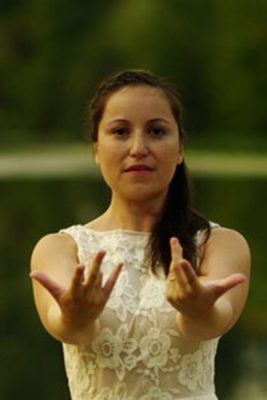
Dance artist Jennifer Aoki. Photo credit: Yvonne Chew.
“Re-Centering/Margins creative residency has offered me resources to develop my artistic voice as a BIPOC artist and the opportunity to build meaningful connections with other Japanese Canadian artists. I have had the freedom to take artistic risks, hone my craft, and develop my creative visions and artistry in new ways,” says Aoki.
Part of the residency included choosing a mentor to provide creative feedback and a writer to accompany and document her artistic process over the eight months. Aoki chose two Japanese Canadian creators; poet, playwright, and cultural organizer Carolyn Nakagawa and dance artist Mariko Tanabe as a mentor.
Tanabe is a Montreal-based Sansei dance artist with over 35 years of experience as a dancer, teacher, choreographer, and researcher. Aoki knew she wanted to work with Tanabe after meeting her a year earlier through Dance West Network’s ancillary project, drawn to her energy, passion, and kind guidance. Tanabe helped Aoki unpack elements of her practice that were holding her back by encouraging her to let go of insecurities and dig deep to access an authentic place within herself.
Aoki finds inspiration in emotions and feelings, but being able to pinpoint and articulate that process is challenging, she says. Through Tanabe’s mentorship, she helped Aoki identify and vocalize her artistic visions and find her voice as a dance artist.
“I want to engage with the community. I want to share my process and myself, so it’s a really beautiful gift that she’s helped me uncover,” says Aoki. “The skills she’s helped me [develop] through this residency are essential to engage and connect with a wider audience beyond myself.”
To create In The Woods, Aoki worked with a team of Japanese Canadian artists. Along with Tanabe and Nakagawa, she worked with costume designer Laura Fukumoto and dance artist Shion Skye Carter as a creative consultant.
At the core of the dance piece is Aoki’s collaboration with Yonsei composer Cait Nishimura. Nishimura, also an environmental conservationist, introduced Aoki to the concept of shinrin-yoku, or forest bathing, central to the dance piece.
Shinrin-yoku bridges the gap between ourselves and the natural world and is a form of eco-therapy developed in Japan. Not a walk, hike, or exercise, shinrin-yoku is about expanding one’s awareness of nature. Without a direct purpose or path, one uses their senses to guide them through the forest and become aware of their surroundings and self in nature.
First in Queen’s Park in New Westminster, and then Mount Fromme in North Vancouver, Aoki challenged herself to be completely aware of her body in nature and use her senses to guide her. Stepping away from the everyday distractions of life, she noticed the mushrooms sprouting out of the earth, how the wind moved the leaves, and how she could feel the breeze on one side of her face but not the other.
“Once I learned about the history [of forest bathing], about how it was deeply rooted in Japanese culture, I found it as a way to connect with a culture that was lost. So my experience of it was just so delicious and delightful,” says Aoki.
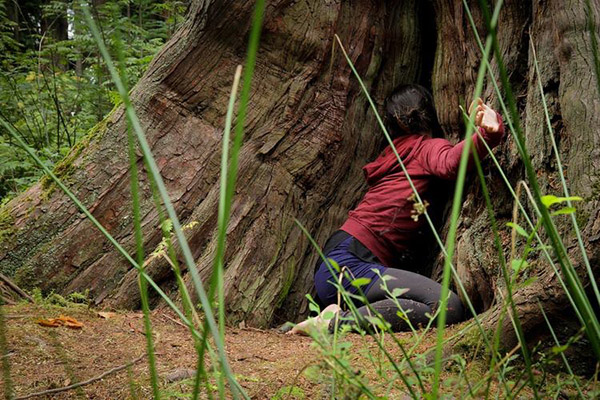
Dance artist Jennifer Aoki will be performing a work in progress of In The Woods at Simon Fraser University Goldcorp Centre for the Arts on April 20. Photo credit: Leslie Kennah.
These experiences and discoveries in the forests became the seed of Aoki and Nishimura’s collaboration. They would meet through online sessions to improvise and create choreography and music together, based on their separate experiences in the forest, Aoki in Vancouver and Nishimura in Waterloo. After each collaborative brainstorming session, they would individually develop these ideas further.
“Through our conversations and our journeys together, we’ve helped each other make decisions within each other’s art forms,” says Aoki. “I found the sounds she brought helped elevate and hone and clarify my movements and quality even more. When we came together, it was not like water and oil. It was like water paint.”
Aoki and Nishimura’s journeys into nature sparked larger conversations about their shared ancestry, acknowledging the history of the land, their impact on it, and who was here before them. Aoki hopes audiences will feel a connection to the forest through her work and feel inspired to experience nature for themselves. The first step in wanting to protect the environment is to experience, feel and understand it, says Aoki.
“I’m hoping that people who witness our work reconnect with the natural world and maybe think beyond,” says Aoki. “I think that taking steps toward climate change can look different for everybody. But I think that just through opening and reconnecting and seeing the value of protecting the land and the resources is one piece of the puzzle.”
***
Ticket information for Dance West Network’s Re-Centering/Margins Creative Residency showcase here.
Artists will share performance clips and conversation online on May 4 at 2 p.m. For details visit www.dancewest.net.
Learn more about Jennifer Aoki at www.jenniferaoki.com.
Watch an excerpt of In the Woods (work in progress) below:







 13 Apr 2022
13 Apr 2022
 Posted by Kelly Fleck
Posted by Kelly Fleck 